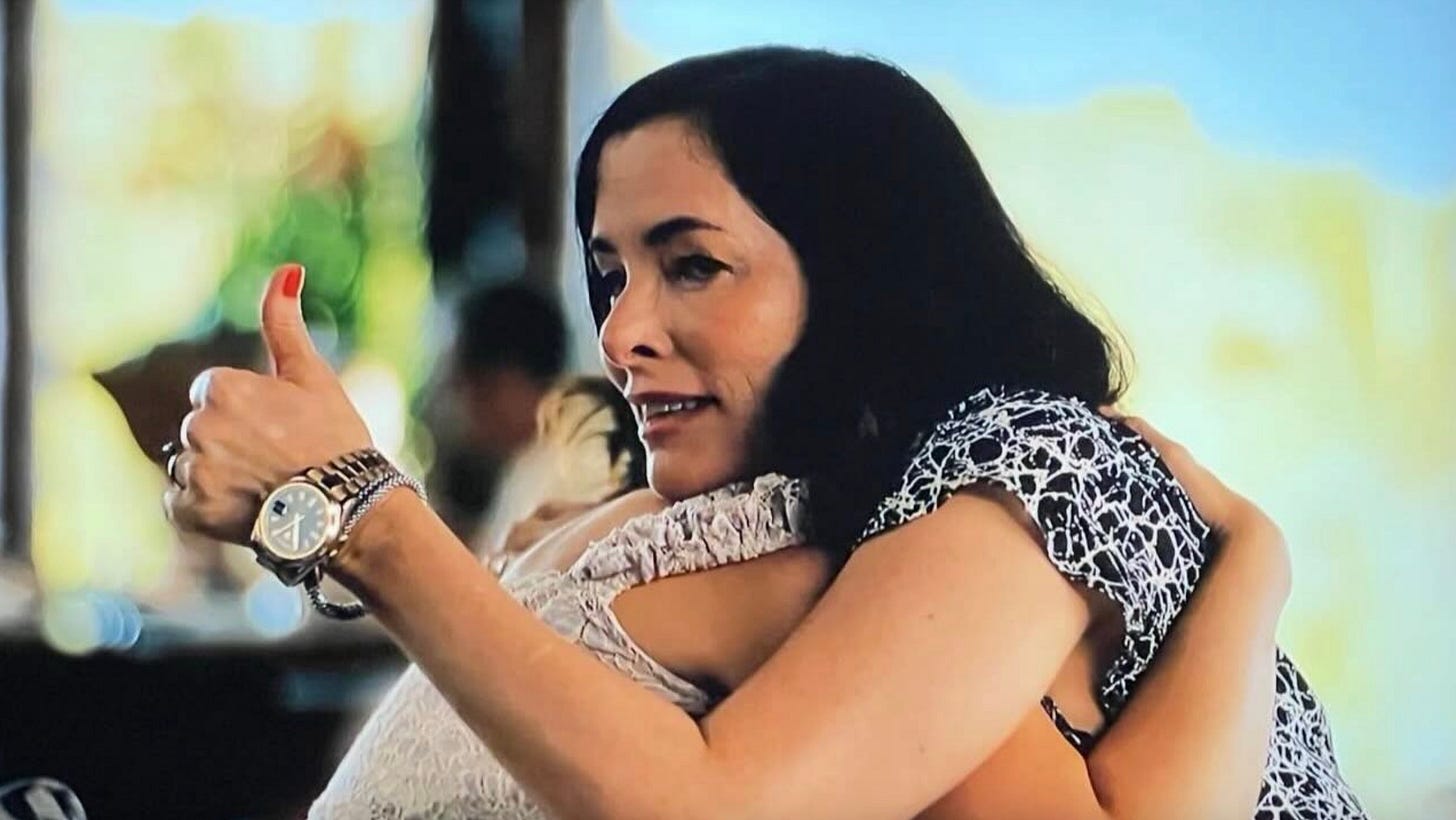Let Them Be Weird
Because the college process has changed — and maybe we should too.
When my boys — high school class of ’26 — started their freshman year, a fellow twin mom friend gave me a great piece of advice: start the spreadsheet now.
Her kids were seniors, knee-deep in college applications, and trying to reconstruct four years of extracurriculars, service hours, awards, and leadership roles — times two.
“You’ll never remember it all when it’s time to apply,” she said. “Write it down as you go.”
So we did.
In my Google Drive, you’ll find two spreadsheets — one for each son. Columns labeled:
• Activity: Tree planting at the local youth club
• Grade/Season: 9th grade, Fall
• Details: Two hours, five trees, volunteered with the club director
And she was right. It’s helpful.
And one of them even tracks the donations he’s made — with his own money — to nonprofits and his school. That’s a story, too.
The spreadsheets are helpful. But what I didn’t realize when we started them is this: they’re not going to get them into college. At least, not the way they used to.
Back in the ’90s, the formula was clear: high GPA, strong test scores, leadership titles — that was the path. If you were president of this, captain of that, you were on track. The spreadsheet mattered. But college admissions has changed — and if we’re being honest, so has the world. What used to stand out now blends in. And in our effort to help our kids prepare, we’ve started trying to manufacture meaning — nudging them into things we think “will look good,” rather than letting their real interests rise to the surface.
We do this because we want them to succeed. But in doing so, we risk treating them like little products instead of people. Robots, not humans. And the irony? Admissions officers aren’t asking for polish — they’re asking for authenticity.
This is especially true as college majors become more diverse — and frankly, more unexpected. Don’t believe me?
Here are real majors students can pursue right now:
• Adventure Education
• Apiology
• Astrobiology
• Bakery Science
• Bicycle Design
• Biomimicry
• Digital Mapping
• Fermentation Sciences
• Park Engineering
• Viticulture and Enology
Look at that list and tell me you still believe there’s only one right path. And if you know what all of those are? You get an A+.
Maybe the kombucha brewing kit in your kitchen, or the notebook full of homemade park designs, means more than you think.
One of my sons is a planner. He wants a checklist, a declared major by junior year, and a shortlist of schools that match. So we encouraged him to shadow someone in the field he thought he wanted to pursue. After one afternoon, he came home and said, “Yeah. Nope. Not for me.”
Call me Victoria Ratliff, thumbs-upping behind Piper’s back after her regretful night in the monastery. But seriously. I was proud of him — not because he figured it out, but because he had the courage to walk away from a plan that didn’t fit.
Here’s something else I’ve noticed: the spreadsheet doesn’t track chores. Or jobs. Or real work.
We talk a lot about extracurriculars, but not enough about showing up in everyday life. My kids have been doing their own laundry since elementary school. They unload the dishwasher. They know how to be helpful — not always cheerfully, but consistently.
And work? I’ll always be drawn to hiring someone who had a job in high school — any job. Lifeguarding, scooping ice cream, babysitting, walking dogs, bagging groceries. There’s something about learning to show up, deal with people, take direction, and handle a little friction that you just can’t replicate in a leadership workshop.
That kind of experience doesn’t go in a headline on an application. But it shows up in the way they carry themselves and deal with people who are often so challenging—something unavoidable in life. It shows up in the way they tell their story.
And that’s what this all comes back to: the story.
When I think of my friend Dana from college, the first thing that comes to mind is that she never chewed gum. Not once. It became a thing. A quirk. A conversation starter.
That detail has stuck with me for 25 years. It wasn’t resume-worthy. It was human-worthy.
That’s the kind of thing that makes someone memorable — in life, and in a sea of thousands of college applications.
Will a story about gum get you into college? Probably not. But also… maybe?
Because when an admissions officer is reading essay number 217 that day and your story makes them pause, chuckle, and say to a colleague,
“Oh — remember that one? The bubblegum girl?” — that matters.
Your kid doesn’t have to have a life-altering essay or a tear-jerking origin story. They just need to sound like themselves. That alone is rare.
So yes, keep the spreadsheet. It’s smart. But don’t confuse activity with identity. The spreadsheet is a tool, not a strategy — and it shouldn’t become a scoreboard.
The real question is this: What kind of human is emerging behind all those bullet points? What are they curious about? What lights them up? What do they do without being told?
You don’t need to engineer a standout narrative. Just help them tell the truth — clearly, consistently, and in a voice that actually sounds like them.
Because it’s not about knowing exactly who they are.
It’s about being open to who they’re becoming — and learning how to tell that story along the way.




Excellent advice to not get too caught up in having “all of the supposed experiences” on the high school resume.